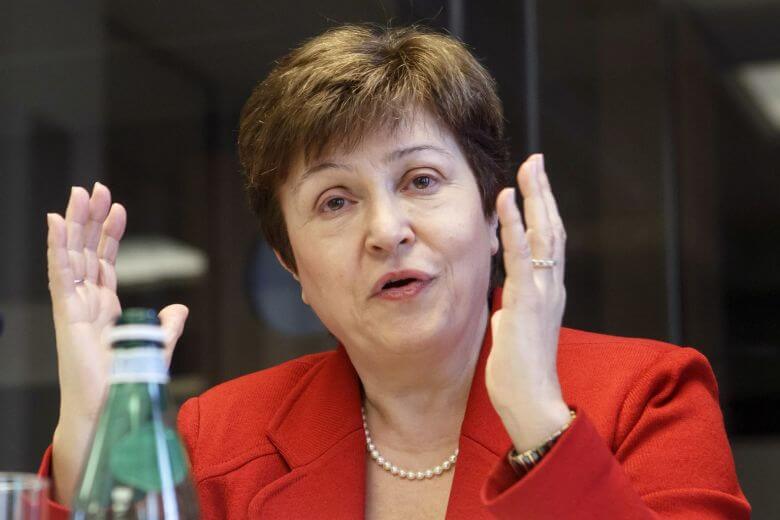Just In: IMF Puts Fresh Pressure On CBN To Unify Exchange Rate
The International Monetary fund has intensified its pressure on the Central Bank of Nigeria to unify the naira at the different segments of the foreign exchange rate markets.
The Washington based lender said this on Monday following the conclusion of the Article IV consultation with Nigeria.
Advertisement
Nigeria has three exchange rate window which are the CBN Official window, the Parallel Market rate, and the Investors’ and Exporters’ window.
The IMF had last year called for a unification of the three exchange rates windows; a move it said would attract foreign investments.
The pressure comes few weeks after the CBN Governor, Godwin Emefiele said the bank had no intention to devalue the naira any time soon.
In a fresh call, IMF said its team “noted that multiple rates, limited flexibility, and foreign exchange shortages are posing challenges.
Advertisement
“They recommended a gradual and multi-step approach to establishing a unified and clear exchange rate regime with the near-term focus on allowing for greater flexibility and removing the payments backlog.”
At the official rate, the naira traded N379 to a dollar, while at the I & E window rate the currency traded at N397.5 per dollar and N480 at the parallel market as of Monday.
IMF commended Federal government’s effort in the fiscal sector, including removal of the fuel subsidy and steps to implement cost-reflective tariff increases in the power sector.
But the lender stressed the need for “significant revenue mobilization to reduce fiscal sustainability risks, relying initially on progressive and efficiency-enhancing measures with higher tax rates awaiting a more sustained economic recovery.”
The IMF said CBN recent monetary stance which held MPR at 11.5 per cent was adequate considering inflationary pressure.
Advertisement
It said, “The accommodative monetary stance remains appropriate in the near term, although tightening may be warranted if balance of payments or inflationary pressures were to increase.
“In the medium term, the monetary policy operational framework should be reformed and Central Bank financing of budget deficit phased out in order to reduce inflation.
“Socio-economic conditions have deteriorated, with rising food inflation, elevated youth unemployment, mass protests in October 2020, and surveys show worsening food insecurity with a significant impact on the vulnerable.”



